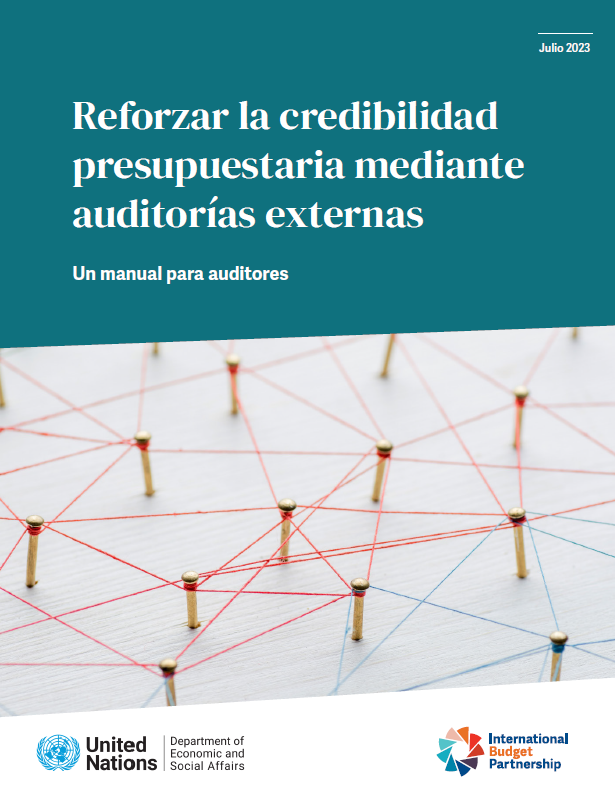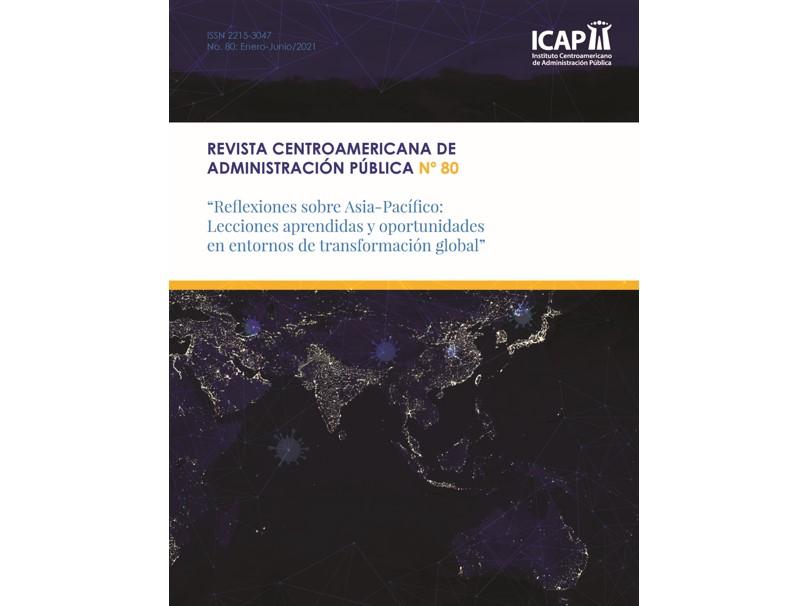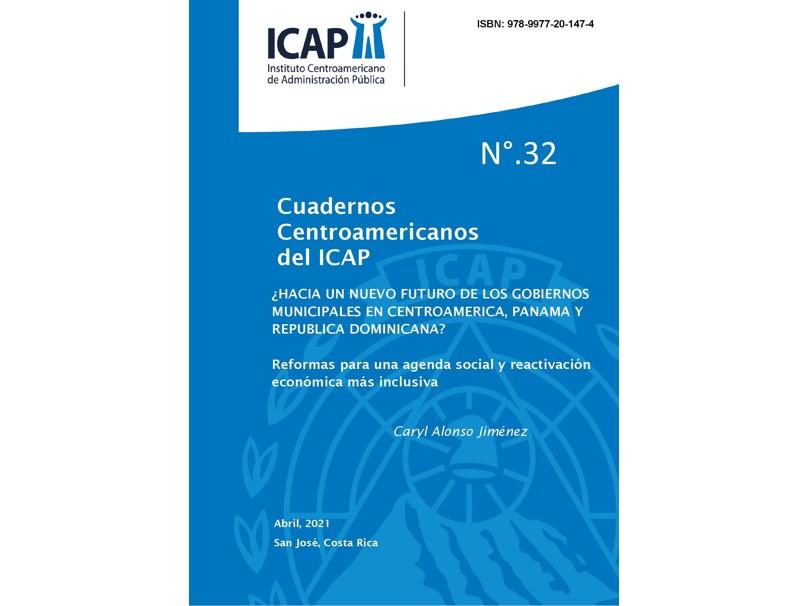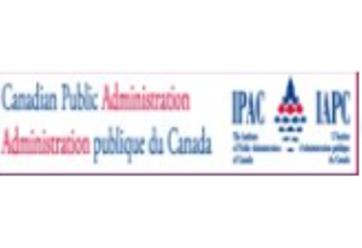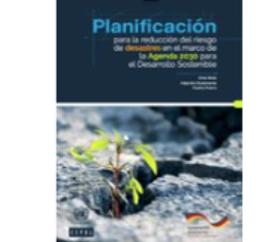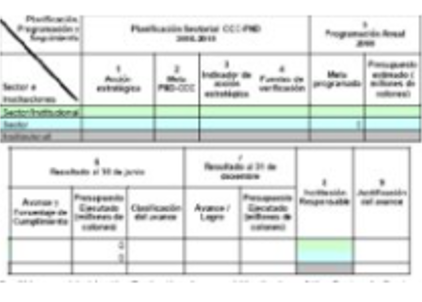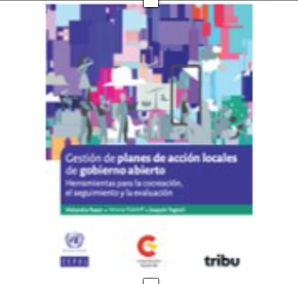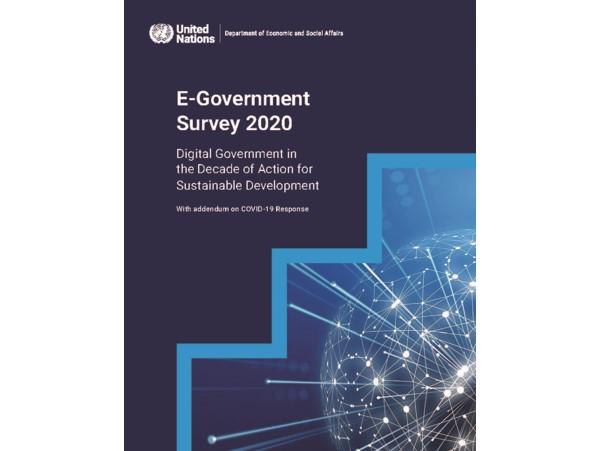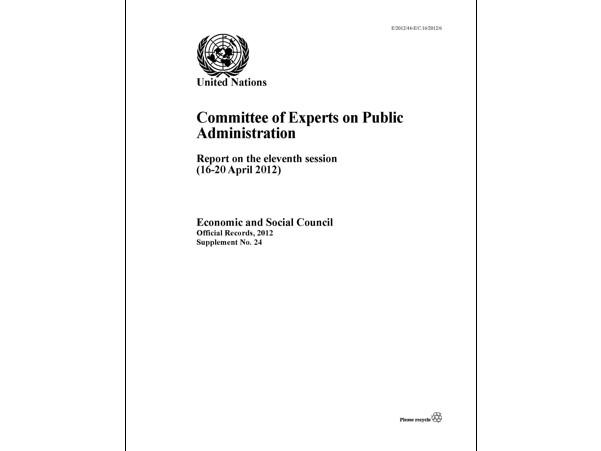Resources
Displaying 1 - 12 of 22
Handbook on strengthening budget credibility through external audits – Spanish version
| Spanish | Accountability and Participation | Global | Manual | UN DESA/DPIDG
“Strengthening Budget Credibility through External Audits: An Auditor’s Handbook” is now available in Spanish. Published by DPIDG/UN DESA and the International Budget Partnership (IBP), the Handbook is the output of a two-year collaboration between Supreme Audit Institutions (SAIs), civil society, international organizations, and other public finance experts. It explores different approaches to auditing budget credibility.…
Central American Journal of Public Administration, No. 80 (January-June 2021)
| Spanish | Governance and Public Institutions | Asia and the Pacific | Publication | ICAP
This edition of the Central American Journal of Public Administration offers a series of reflections and lessons learned about the Asia-Pacific region in the current international context, characterized by the constant transformation of socio-political and economic structures. The geopolitical importance of the Asian region has permeated the mental structures of how to think about international relations between States, motivating the production…
Central American Journal of Public Administration, No. 80 (January-June 2021)
| Spanish | Governance and public administration | Americas | Journal | IPAC/IAPC
This edition of the Central American Journal of Public Administration offers a series of reflections and lessons learned about the Asia-Pacific region in the current international context, characterized by the constant transformation of socio-political and economic structures. The geopolitical importance of the Asian region has permeated the mental structures of how to think about international relations between States, motivating the production…
ICAP Central American Notebooks, No. 32 (April 2021)
| Spanish | Governance and Public Institutions | Americas | Publication | ICAP
In this issue, developed by Dr. Caryl Alonso Jiménez, it summarizes around 5 years of research and proposes a global approach to the issue of decentralization in the region, beginning with a historical review of the modernization processes of Central American States and how each implemented their own understanding of the concept.
In addition, the author continues with a two-level analysis; reviewing the tools, characteristics and indicators…
From Colonization to Reconciliation: Increasing the Collaborative Capacity of Public Servants
| English | Spanish | Leadership and Public Servants’ Capacities | Americas | Publication | IPAC/IAPC
In call to action 57, the Truth and Reconciliation Commission calls upon federal, provincial, and territorial governments to enhance the skills and knowledge of public servants. Leveraging collaboration theory and collaborative capacity, this article delves deeper into the skills, attitudes, and knowledge required of public servants who regularly work with First Nations organizations and governments. Using findings from a health care…
Planning for Disaster Risk Reduction within the Framework of the 2030 Agenda for Sustainable Development
| Spanish | Governance and Public Institutions | Americas | Publication | ECLAC
A disaster can lead to setbacks in the economic and social progress achieved by countries over the decades, and its effects can be exacerbated in the case of the most vulnerable groups. The severity of the impact will depend on the ability of countries to detect and overcome their vulnerabilities. This document, especially aimed at policymakers, shows how, through development planning, the foundations for a comprehensive approach can be laid,…
Comprehensive Performance Indicators of the Public Sector
| English | Spanish | Leadership and Public Servants’ Capacities | Americas | Publication | CLAD
The monitoring and evaluation information is conditioned on a series of factors in order to be used effectively. Various studies bear witness to rather formal uses - such as information that accompanies accountability to Congress and annual management reports of the agencies - but there is less emphasis on uses for the use of learning and for the allocation of spending (Cunill and Ospina 2008) (Villarreal, July, 2007).
This study starts…
Management of Local Open Government Action Plans: Tools for Co-creation, Monitoring and Evaluation
| Spanish | Local Governance | Americas | Publication | ECLAC
In Latin America and the Caribbean, a large number of innovations and reforms linked to the promotion of open government occur in subnational territories. That is the scale on which governments can collaborate with citizens and other actors more directly and closely. The creation of spaces and mechanisms for participation, transparency and accountability allows those who inhabit the territories to have a greater impact on public policies,…
United Nations E-Government Survey 2020
| Arabic | Chinese | English | Russian | Spanish | Digital Government | Global | Publication | UN DESA/DPIDG
The year 2020 witnessed a transformational change in global development as the United Nations Secretary-General António Guterres called on Member States and other stakeholders to “kickstart a decade of delivery and action for people and planet”, given the short time left to achieve the 2030 Agenda for Sustainable Development.By surveying and studying broad patterns of digital government around the world, the United Nations E-Government Survey…
United Nations E-Government Survey 2018
| Arabic | Chinese | English | Russian | Spanish | Digital Government | Global | Publication | UN DESA/DPIDG
The 2018 UN E-Government Survey is published as the implementation of the 2030 Agenda for Sustainable Development Goals (SDGs) advances to its third year. Governments have the critical responsibility to pursue policies and measures to build resilience and assist those most affected by shocks in achieving SDGs. They must find ways to anticipate disasters and shocks and lower their impact. Digital technologies are increasingly being used by…
World e-Parliament Report 2012
| English | French | Spanish | Digital Government | Global | Publication | UN DESA/DPIDG
The World e-Parliament Report 2012 documents the efforts of legislatures to use information and communication technologies (ICT) to support their constitutional functions. The Report is based on the Global Survey of ICT in Parliaments 2012 conducted by the Global Centre for ICT in Parliament between February and May 2012, which is the third in a series of surveys that began in 2007.
The goals of these surveys and their accompanying World e-…
Report on the eleventh Session of the Committee of Experts on Public Administration
| Arabic | Chinese | English | French | Russian | Spanish | Governance and Public Institutions | Global | Publication | UN DESA/DPIDG
The present report contains the conclusions and recommendations of the eleventh session of the Committee of Experts on Public Administration, held at United Nations Headquarters from 16 to 20 April 2012. The Committee, which was established by the Economic and Social Council in its resolution 2001/45, consists of 24 experts appointed in their personal capacity for a four-year period. The Committee dealt with the following substantive items: (a)…
 Welcome to the United Nations
Welcome to the United Nations
